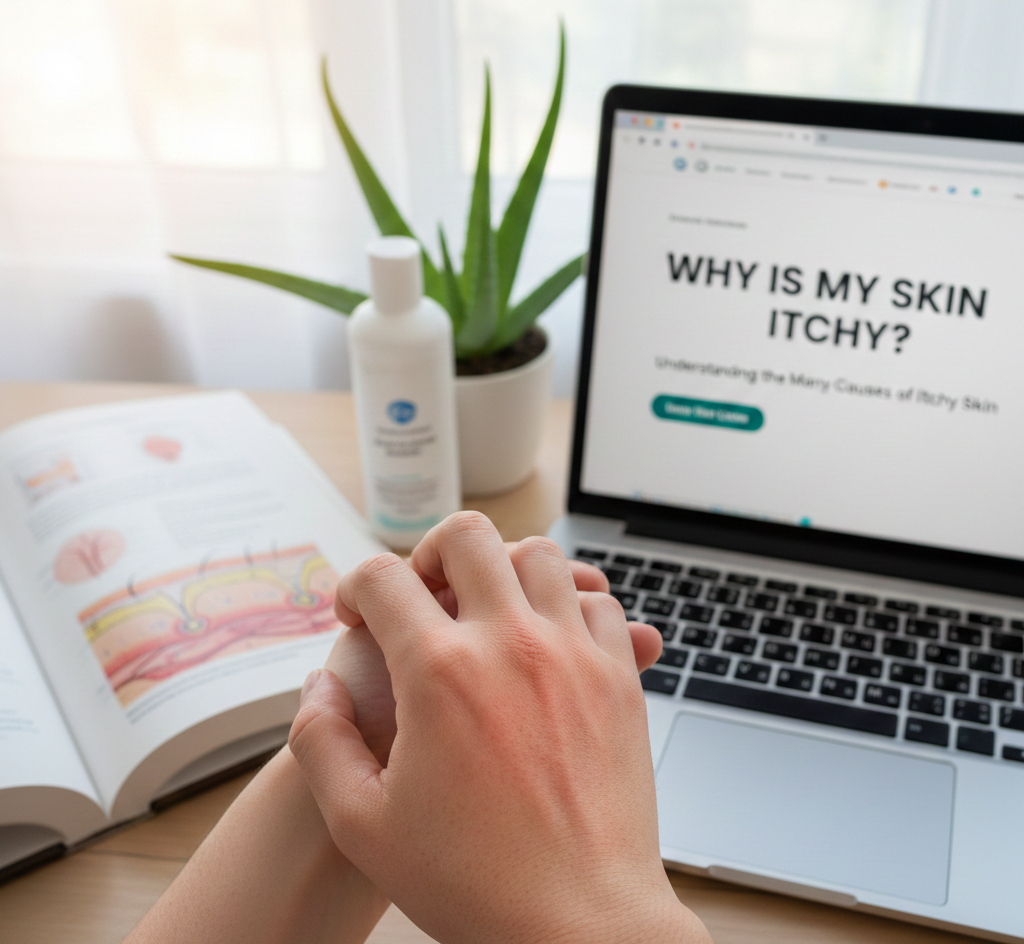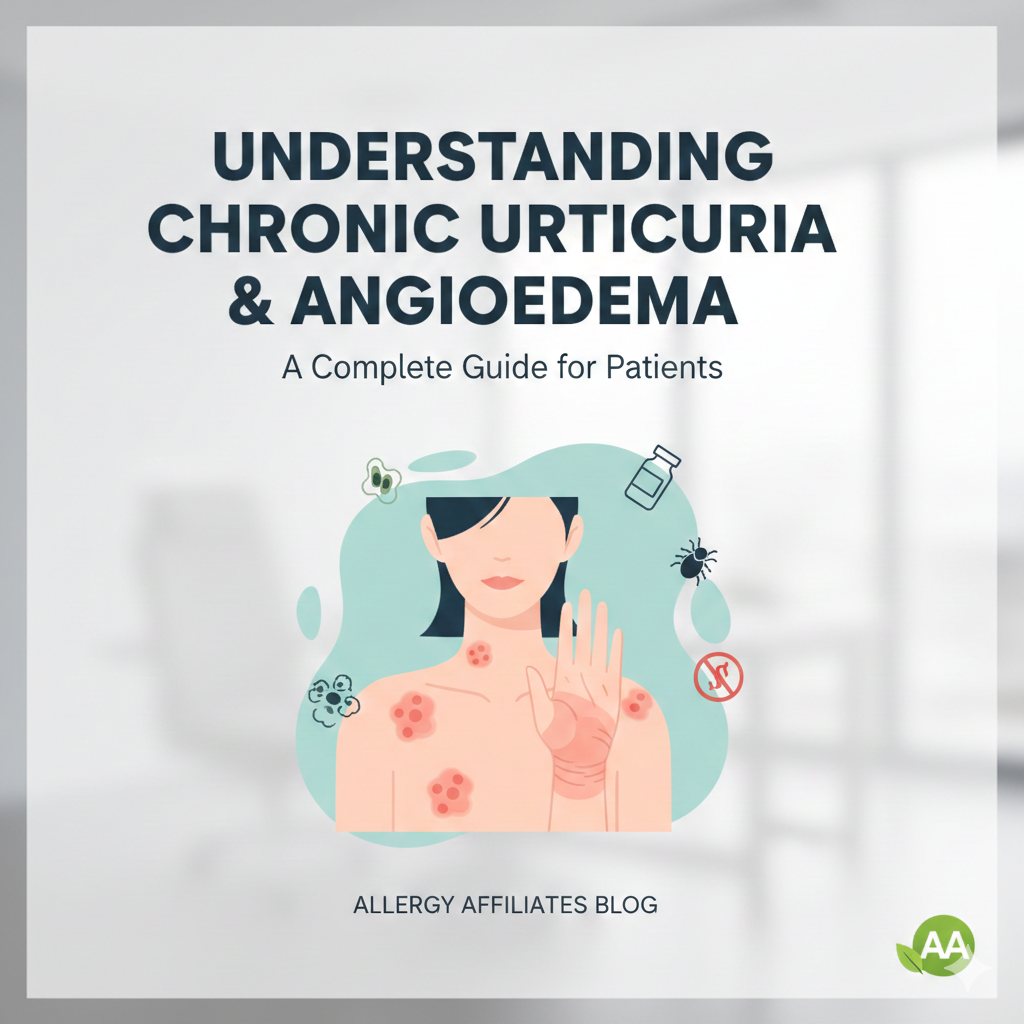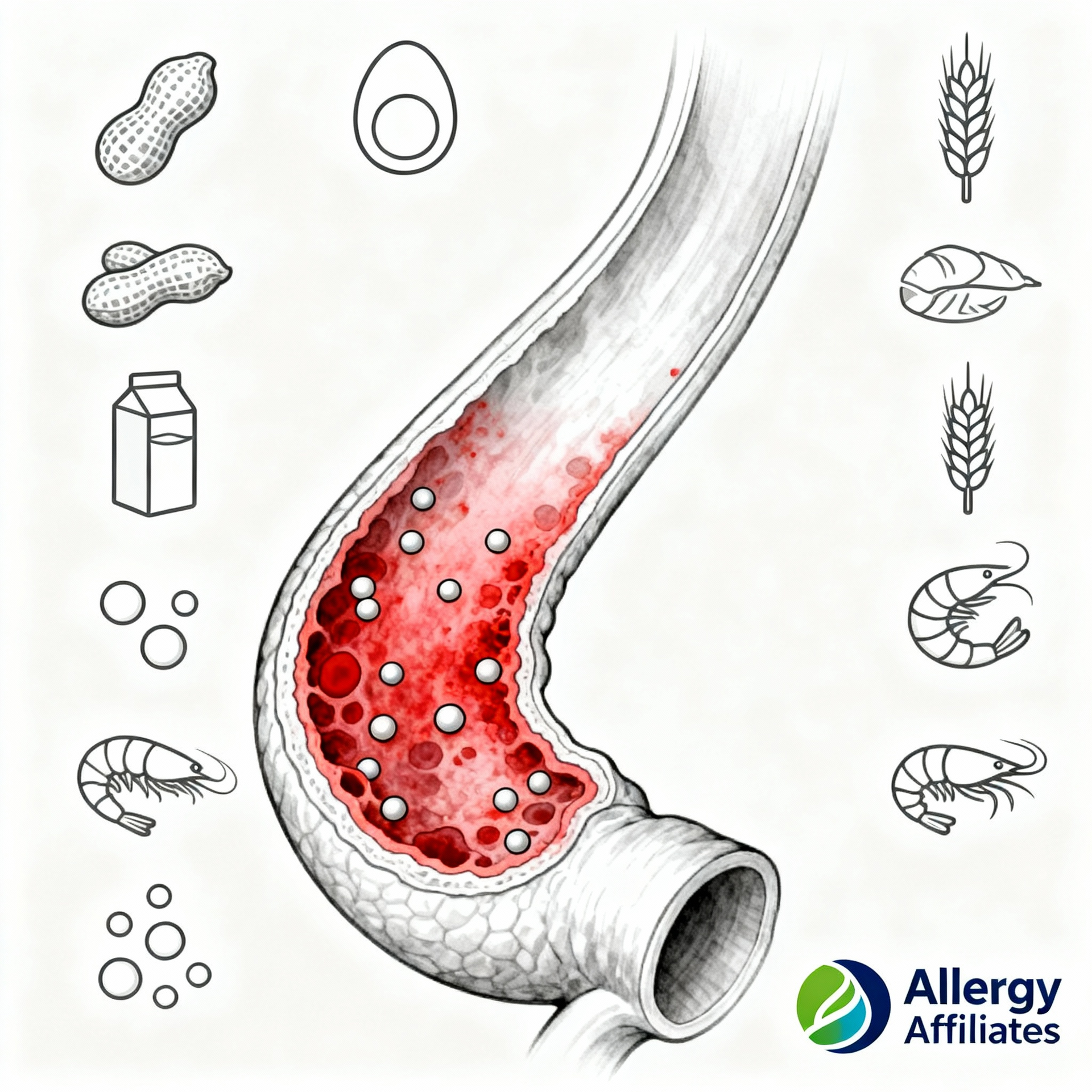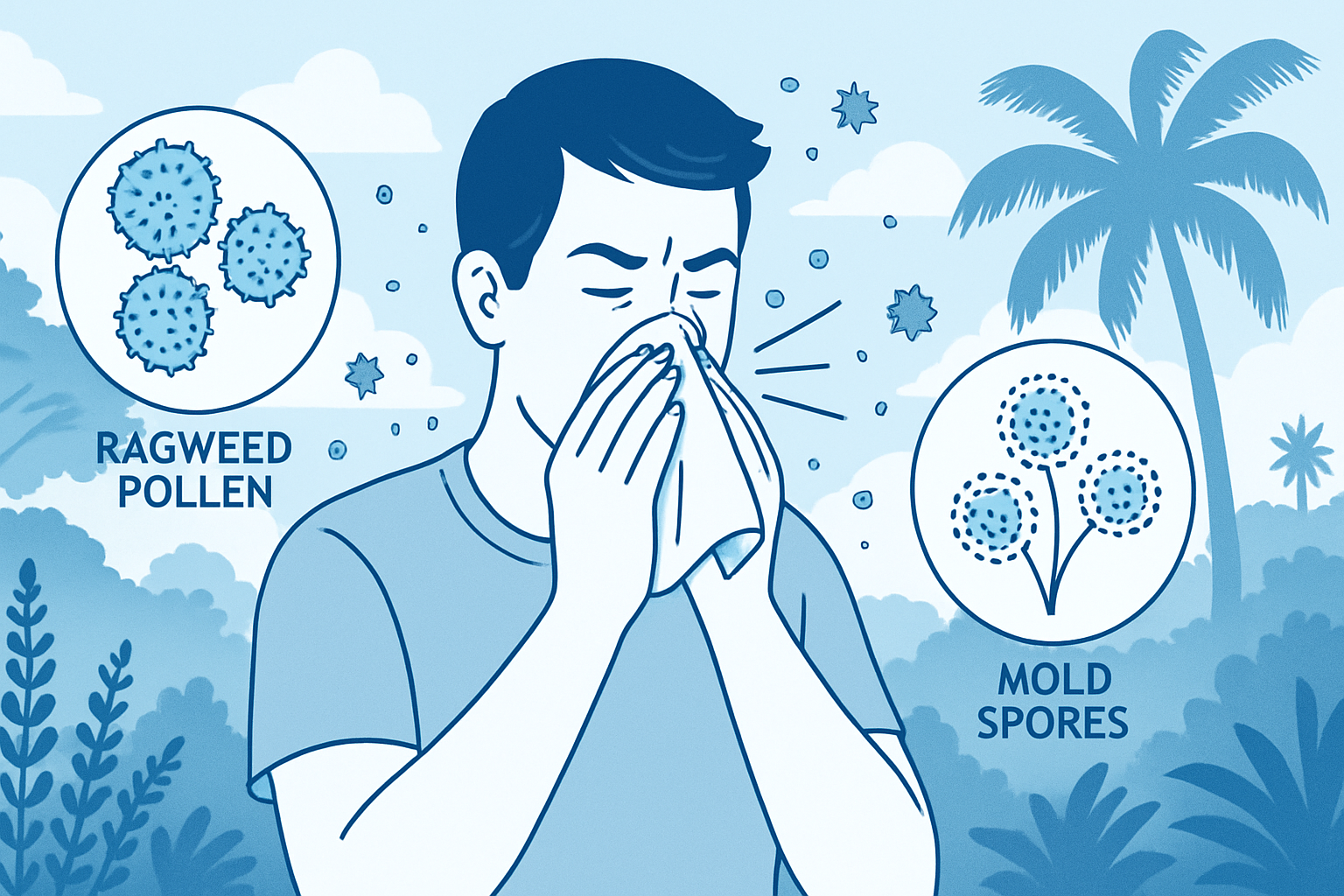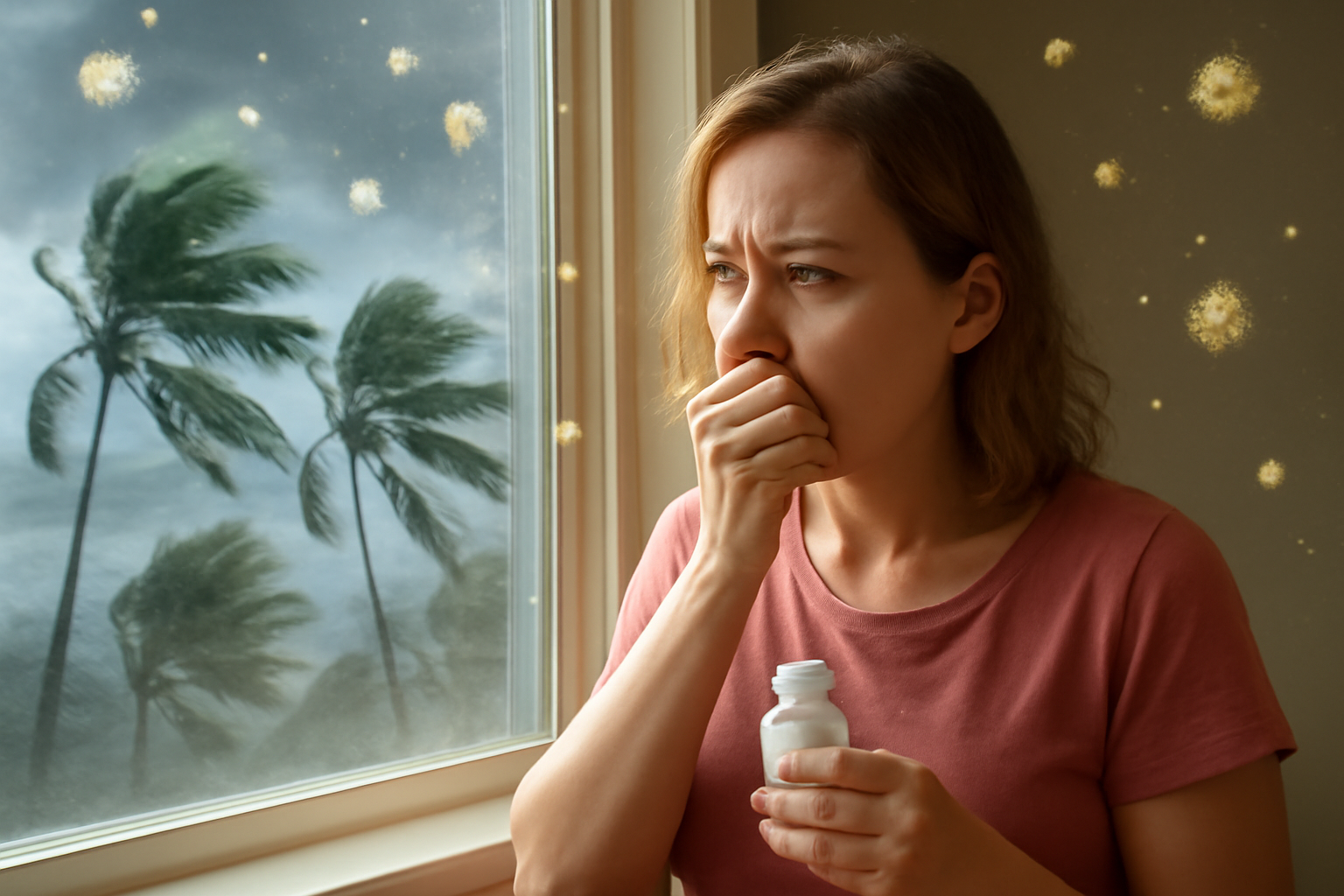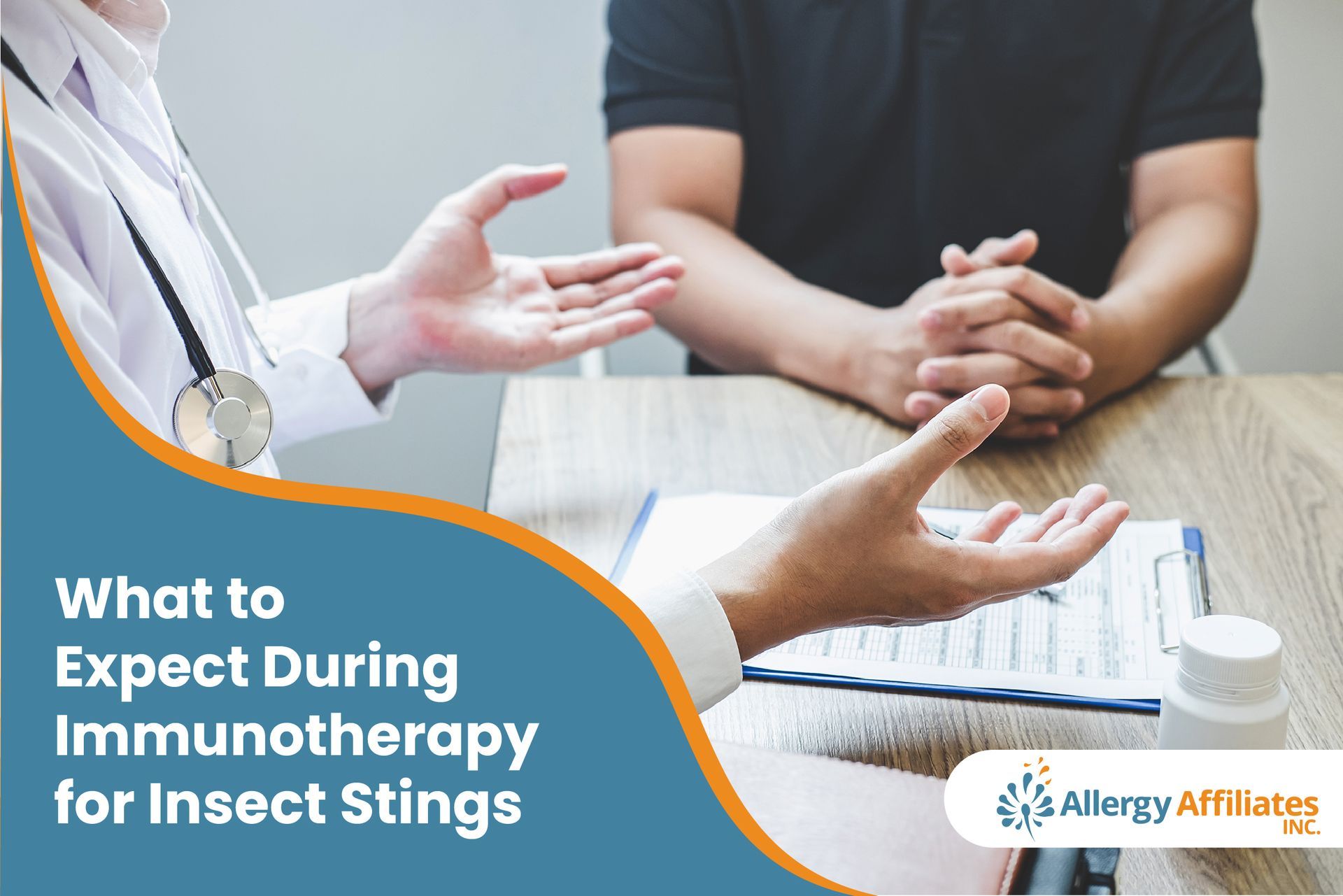
Most people are more afraid of insect stings than being allergic to them. If you suspect you’re allergic to insect stings, you can always call us to check. In this article, we’ll discuss the symptoms of allergic reactions to insect stings. We will also talk about what you should expect during immunotherapy for insect stings to help ease your mind during the procedure.
What Happens When We Get Stung by an Insect?
Insects like bees, wasps, and ants use stinging as a defense mechanism to protect themselves or their nests from perceived threats when they sting you. This insect injects venom into your skin through a stinger or barb, which can cause various symptoms, including insect sting swelling, itching, pain, and even anaphylaxis.
Symptoms of Insect Sting Allergy
A mild allergic reaction to an insect bite or sting can lead to life-threatening allergic reactions, like anaphylaxis. It is also an acute systemic allergic reaction following antigen exposure in a sensitized individual. A systemic reaction is an allergic reaction that spreads far from the sting or impacts the complete body. Although uncommon, systemic responses can be fatal.
Systemic responses consist of the following:
- Cough
- Stuffy or runny nose
- Sneezing
- Itchy or red eyes and ears
- Itching or tightness of the throat
- Hives
- Flushing
- Lightheadedness
- Chest tightness
- Wheezing
Meanwhile, the blood-sucking
hematophagous bug usually leaves victims with a wheal or papule. It is possible to manage acute insect sting symptoms symptomatically if you experience acute symptoms.
Suppose you have an insect sting allergy and experience a systemic or extensive local response. In that case, you must permanently avoid contact with the allergen and ensure you can treat yourself if stung again.
What is Immunotherapy for Insect Sting Allergies?
Suppose you have a severe allergy to bee stings. In that case, your doctor can recommend insect sting immunotherapy or venom immunotherapy (VIT) to reduce your risk of anaphylaxis in case of future stings.
Immunotherapy or vaccine therapy for insect sting allergies involves receiving a sequence of allergy shots to
lessen your susceptibility to allergens that trigger allergic reactions. The bee sting allergy shots procedure entails injecting small doses of allergens beneath your epidermis.
Over time, treating insect stings with allergy shots can help decrease the severity of your allergic response.
Immunotherapy treatment is available for allergies to the following stings:
- Hornets
- Honey Bees
- Yellowjackets
- Paper wasps
- Fire ants
What to Expect During Immunotherapy for Insect Stings?
Treating allergies caused by Hymenoptera and other insects requires an injection of diluted saline containing some insect venom underneath your epidermis. To reach the maintenance dose, you will begin with a buildup phase. You will receive injections of a small amount of venom extract at regular intervals, usually once or twice a week.
After
four to six months of weekly injections, you will move on to maintenance dosing, the optimal amount of allergen in the shot. Your allergist or immunologist will gradually increase the venom extract dose over several months. The maintenance phase will typically last for
three to five years, during which you will receive venom extract injections at an adequate amount therapeutically.
If the circumstances warrant it, your doctor can recommend urgent immunotherapy, which involves administering multiple injections over days to weeks to offer quicker protection in the short term. However, regular vaccinations will remain necessary for a long time.
The duration of your venom immunotherapy (VIT) will depend on your response to treatment, the severity of your allergy, and the type of insect causing your allergy.
What Will Happen if You Miss Your Injection?
If you are pondering what will occur if you miss your scheduled injection, the following will happen.
1. Miss During the Buildup Phase
It is essential to maintain the correct time interval between administrations. If there is a lapse in your injections, you will need to modify your dosage accordingly. You can have the injections every three to fourteen days if you want to increase the dose.
2. Miss During the Maintenance Phase
A decrease in dosage will be necessary, such as 43 to 56 days late, and requires reducing the dosage by 90%. Further, to understand better, the following is the schedule of changes depending on the days missed:
- Up to 7 days late, increased according to schedule
- 8 to 14 days late, repeat the last dose
- 15 to 21 days late, reduce the amount by 25%
- 22 to 28 days late, reduce the amount by 50%
- 29 to 42 days late, reduce the amount by 75%
- 43 to 56 days late, reduce the amount by 90%
Who Should Use Immunotherapy for Insect Stings?
Wash the area with soap or cold water when treating insect bites and stings. Preventing insect allergy by getting venom immunotherapy (VIT) if you're at risk is vital.
Immunotherapy can be a good option if you have a severe reaction to insect venom, like heart attack and
mast cell disease. However, whether or not you should get immunotherapy will depend on several factors. It would help to consider the
following:
- Your past reactions to stings
- How often will you get stung
- The possible side effects of the insect bite allergy treatment
As long as you haven't had worse allergic reactions in the future, you will not need allergen-specific vaccine therapy. Further, people as young as two years old can get allergen-specific immunotherapy.
How Well Does Immunotherapy Work?
It works well and is safe. Allergen-specific vaccine therapy aims to stop or lessen the severity of anaphylactic reactions. Researchers have found that immunotherapy is a perfect way to treat allergies to insect venom. About 90% of people don't have anaphylactic reactions to insect stings in the first few years after treatment.
Trust Your Immunotherapy With the Experts
If you want to avail yourself of immunotherapy for insect stings, visit our clinic today to discuss your options with our allergy specialists. We offer immunotherapy (allergy shots) to prevent allergens and asthma year-round.
You can look up "venom immunotherapy near me" or "allergist near me in Tampa, Florida," which will take you to Allergy Affiliates. Our board-certified allergist and immunologist,
Dr. Sabharwal, has earned much respect and trust for her efforts in allergy and immunology.
To view our available schedules, please click
here.

